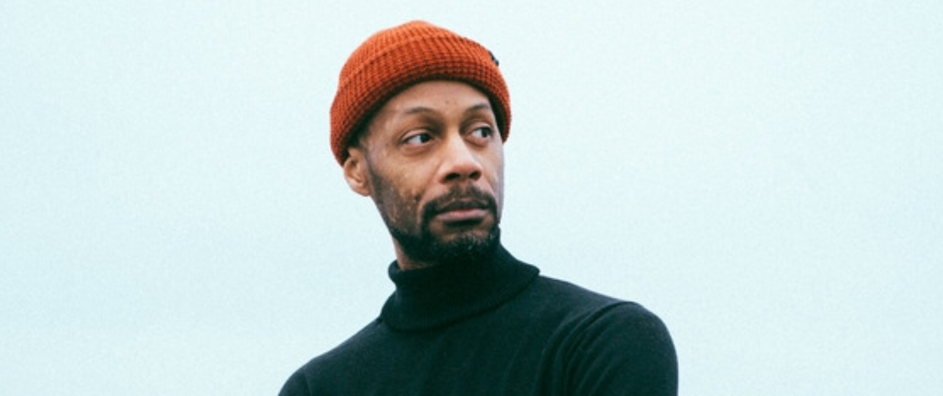In a world increasingly characterized by diversity, one of the most critical tasks we face is the exploration of our own biases. The Baha’i teachings recognize that understanding and overcoming personal prejudices is essential to achieving true unity among individuals and communities. The initial step in this transformative journey involves a deliberate and profound acknowledgment of our own prejudices. This analysis delves into the significance of discovering and admitting our biases and elucidates how this process can pave the way to authentic unity and harmony.
To commence, it is imperative to define what is meant by prejudice. Prejudice is an often unexamined, preconceived opinion that is not based on reason or actual experience. It manifests in myriad forms, including but not limited to racial, cultural, gender, and socioeconomic biases. These assumptions, however, are seldom recognized by those who harbor them. Therefore, the first step in confronting these ingrained orientations is to cultivate a heightened awareness of oneself.
A crucial facet of self-awareness is self-reflection. Engaging in self-reflection entails a conscious introspection into one’s thoughts, beliefs, and behaviors. This practice encourages individuals to scrutinize their motivations and the origins of their prejudices. By contemplating the societal, familial, and experiential factors that contribute to these biases, one can begin to unravel the intricate web of preconceived notions that have long influenced their worldview.
In tandem with self-reflection, it is vital to foster an environment of openness and receptivity. This necessitates the willingness to embrace discomfort. Recognizing one’s biases can often elicit feelings of shame or defensiveness; however, these emotions can serve as catalysts for growth. Acknowledgment of discomfort is not merely an emotional state; it is an opportunity for personal evolution. By confronting these feelings with courage and honesty, individuals can embark on a path toward greater understanding and empathy.
Furthermore, the role of education cannot be understated in this endeavor. Knowledge serves as both a mirror and a lens. It reflects our existing biases while simultaneously providing a clearer view of the multifaceted nature of humanity. Engaging with diverse narratives and perspectives can challenge entrenched beliefs. Books, documentaries, and dialogues that focus on the lived experiences of diverse groups can provoke empathy and, consequently, enable individuals to confront their biases more effectively.
Another critical component of this transformative journey is dialogue. Open and respectful conversations about prejudices with others create a communal space for exploration and understanding. These discussions should be approached with a spirit of curiosity rather than judgment. They allow individuals to articulate their experiences and explore the biases that pervade their lives without fear of reprimand. Such dialogues have the potential to instigate a profound shift in perspectives; they can illuminate the shared humanity amongst individuals, thereby reinforcing the principle of unity central to Baha’i teachings.
To fortify this process, individuals should cultivate the virtue of humility. Humility serves as an antidote to arrogance and dogmatism, which are often the bedrock of prejudice. By humbling oneself, especially in the presence of those one perceives as ‘other’, an individual opens the doors to genuine learning and connection. Humility allows for the acknowledgment of imperfections in one’s beliefs and the willingness to embrace change. It is this very humility that empowers individuals to confront and mitigate their prejudices.
Furthermore, the practice of compassion and empathy must be actively nurtured in the quest for understanding. Empathy extends beyond mere sympathy; it requires one to inhabit the emotional states of others. By practicing empathy, individuals can transcend the boundaries imposed by their prejudices. Engaging in empathetic actions fosters interconnectedness and diminishes the isolating effects of bias. Through compassionate engagement with those who hold different views, individuals can slowly dismantle their prejudiced beliefs and contribute to the creation of a more inclusive society.
The culmination of these practices can lead to significant personal and communal transformation. As individuals progressively discover and admit their own prejudices, they embark on a path that not only enhances their own self-understanding but also fosters a more profound sense of unity within their communities. The Baha’i teachings espouse the idea that unity is a foundational principle of society. Recognizing our biases is the first crucial step toward a collective awakening that can lead to a more harmonious coexistence.
In conclusion, the journey to discover and admit our own prejudices is fraught with challenges yet laden with promise. It demands introspection, humility, and the courage to engage in difficult dialogues. By embracing the teachings that encourage self-awareness and the mitigation of bias, individuals can contribute meaningfully to a collective ethos of unity. Through this endeavor, prejudices can be transformed into understanding, and fragments of division can be woven into a tapestry of inclusivity and love. This profound shift not only augurs a brighter future for individuals but also kindles the hope for a unified, harmonious society where every individual is valued and embraced.
